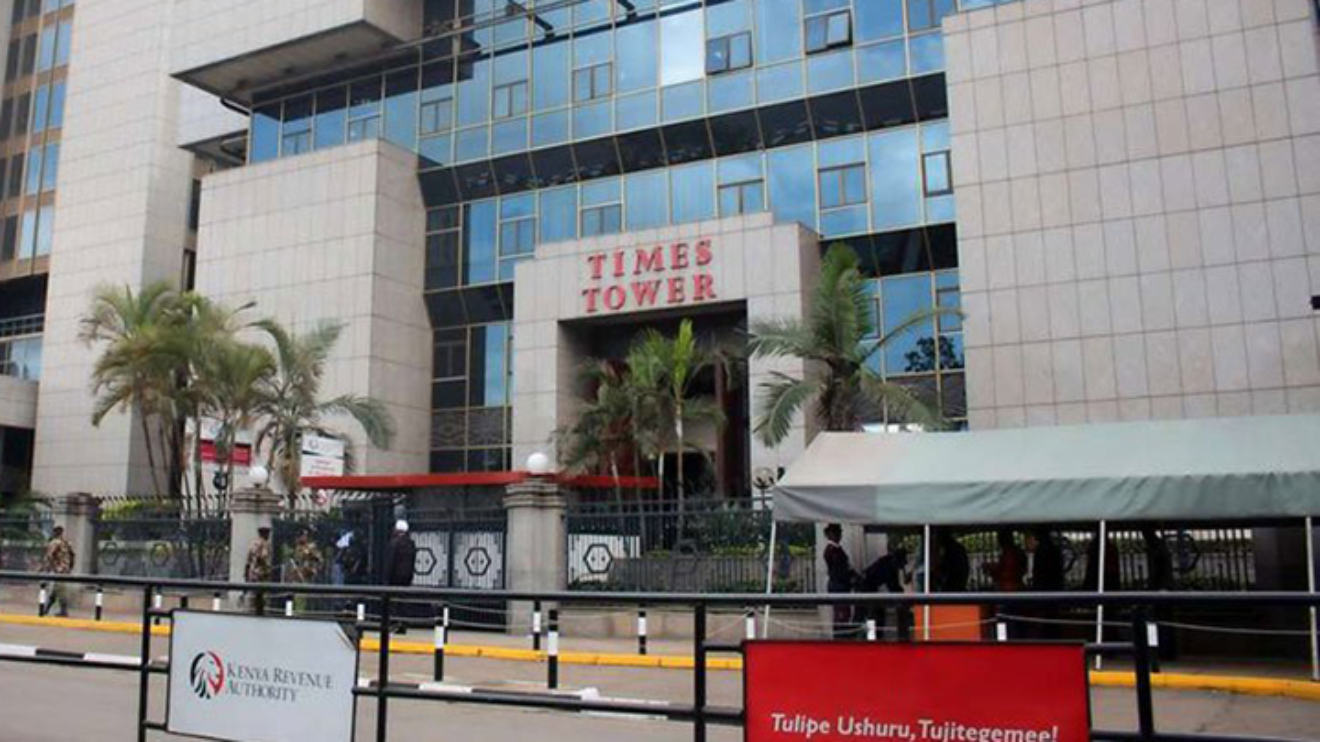The Kenya Revenue Authority (KRA) has recently observed a concerning trend among business owners in major towns, as they shift away from mobile merchant payment accounts and revert to cash transactions.
This shift in payment preference comes in the wake of the KRA's intensified compliance checks that were implemented just last month, highlighting the challenges in enforcing tax regulations within Kenya's informal sector.
Safaricom's Lipa Na M-Pesa Buy Goods Till and Pochi La Biashara have been widely adopted by small traders in recent years, allowing them to collect payments and seamlessly manage their financial transactions.
However, the KRA's recent deployment of 1,400 revenue service assistants with paramilitary training, aimed at enhancing tax compliance among traders, has prompted some businesses to opt for cash transactions instead.
Caroline Rotich, the KRA's chief manager in the Domestic Taxes Department, acknowledged the changing dynamics in the market.
Read More
"It is already noted that [closure of Lipa Na M-Pesa merchant accounts] is what is happening in the market.
"We are working on strategies on how we can work around this."
She emphasized the importance of cooperation with Safaricom to gather information on businesses discontinuing the use of M-Pesa Buy Goods and Pochi La Biashara tills for tax compliance purposes.
The KRA is determined to seek information from Safaricom on merchants transitioning to cash payments.
“Working together with Safaricom to facilitate with integration, we will get information on these drop-outs so that from there we can do follow-ups and compliance checks,” Ms Rotich said.
“We have several officers now who are doing compliance checks around the main towns. This will help us address this issue.”
The authority expressed its commitment to addressing this issue by conducting compliance checks in major towns, ensuring that small traders with annual sales revenues between Sh1 million and Sh25 million adhere to the new turnover tax rate of 3 per cent on gross annual sales.
The KRA has adopted a multifaceted approach to increase revenue collection, leveraging third-party data to reach its target of nearly Sh2.5 trillion for the current financial year, ending in June 2024.
Under the Tax Procedures Act, the taxman can connect its i-Tax system with third-party entities such as banks and mobile money platforms, allowing them to monitor taxpayer activities.







-1757663582.jpeg)
